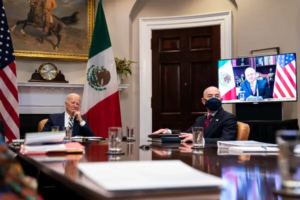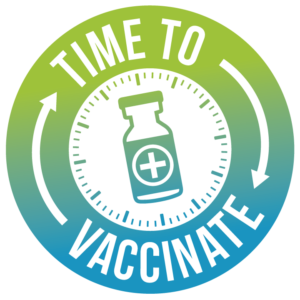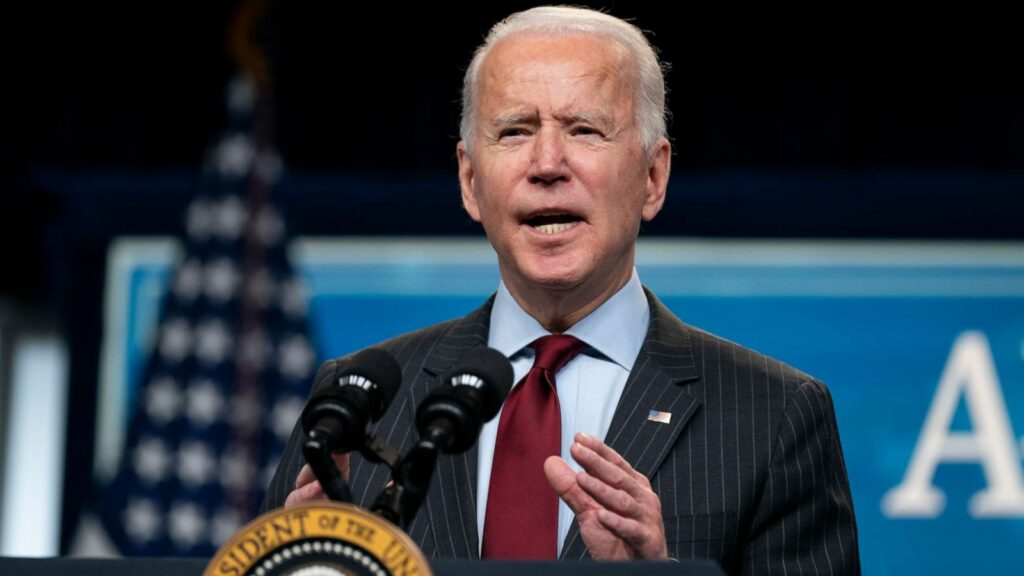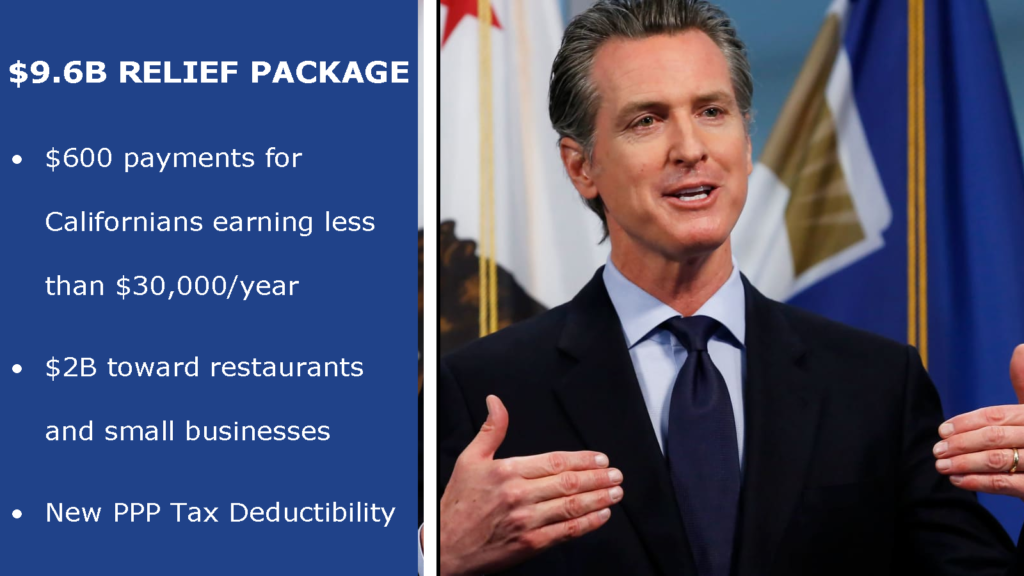March 1, 2021
As we move into the second year of the COVID-19 pandemic, many professionals crave a safe place to work away from home, especially now that vaccines promise a new beginning. Downtown Works shows how it’s possible to create an inspiring and safe office environment that provides the space, community and amenities today’s professionals need to do their best work.
Constructed to model a tech campus with state-of-art technology, design and furnishings that  encourage creativity, dynamic problem-solving and productivity, Downtown Works’ two locations – one in Little Italy on West B Street and the new North County location in Carlsbad – give members several office options. Some rotate between home and office in a safe-distancing environment; others lease a private office where they can enjoy quiet while feeling the energy of people around them.
encourage creativity, dynamic problem-solving and productivity, Downtown Works’ two locations – one in Little Italy on West B Street and the new North County location in Carlsbad – give members several office options. Some rotate between home and office in a safe-distancing environment; others lease a private office where they can enjoy quiet while feeling the energy of people around them.
When the pandemic started, Downtown Works quickly made changes to ensure its members were safe and comfortable. It added medical-grade air purifiers; cold plasma generators to kill viruses and bacteria; health and safety measures including touchless doors, keyless entry, limited seating capacity, and mandatory masks. This approach, coupled with flexible office options, led many San Diego-area companies and solo-preneurs to Downtown Works, providing an alternative to working from home.
Downtown Works in Little Italy San Diego offers private offices, exclusive desks, and meeting rooms throughout its 33,500 square feet of creatively designed space, becoming a hub for creatives and successful startups.
Downtown Works Carlsbad has 20,000sq. ft. of office space on 4.9 acres. It features 43 furnished offices with flexible, stand-up optional desks, plexiglass-separated workstations, a video/podcast studio, and plentiful outdoor workspaces.
Both Downtown Works locations offer flexible usage options, including virtual memberships with simplified services and an address. Dog-friendly offices, outdoor workstations and meeting areas can be rented by the month, week, day, or hour.
Both locations meet the “Work from Anywhere” trend with strict safety protocols to instill peace of mind. For more information, visit www.DowntownWorks.com
 Presidents Biden and Lopez Obrador met virtually on Monday to advance joint efforts to address migration and development in Southern Mexico and Central America. Both Presidents reaffirmed their commitment to bilateral collaboration to fight the pandemic, reactivate our shared economy, and address climate change. This includes efforts to deepen cooperation on the COVID-19 response by enhancing public health capabilities, information sharing, and the development of border policies. In addition, they recognized the strategic importance of the bilateral economic relationship and the role that the United States-Mexico-Canada Agreement (USMCA) plays as a driver for North American prosperity. A joint statement is available here.
Presidents Biden and Lopez Obrador met virtually on Monday to advance joint efforts to address migration and development in Southern Mexico and Central America. Both Presidents reaffirmed their commitment to bilateral collaboration to fight the pandemic, reactivate our shared economy, and address climate change. This includes efforts to deepen cooperation on the COVID-19 response by enhancing public health capabilities, information sharing, and the development of border policies. In addition, they recognized the strategic importance of the bilateral economic relationship and the role that the United States-Mexico-Canada Agreement (USMCA) plays as a driver for North American prosperity. A joint statement is available here.







